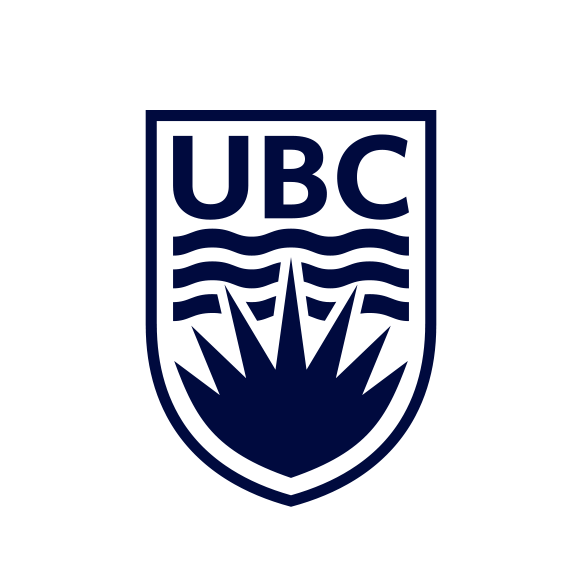Teaching Evaluations
Below are interactive visualizations of my student evaluations as a lecturer.
Filters
Student Comment Word Cloud
Student Comments
Below are interactive visualizations of my student evaluations as a teaching assistant.
Filters
Student Comment Word Cloud
Student Comments
Teaching Experience

Sessional Lecturer
University of British Columbia
September 2024 - Present
Science One (Scientific Thinking & Literacy)
BIOL 180 (Thinking Like a Life Scientist).
SCIE 113 (First-year Seminar in Science).
BIOL 336 (Fundamentals of Evolutionary Biology) - Guest-lecture: Macroevolution.

Graduate Teaching Assistant
University of British Columbia
Sep 2020 - April 2024
BIOL 336 - Fundamentals of Evolutionary Biology (Teaching Assistant Coordinator).
BIOL 335 - Molecular Genetics.
BIOL 230 - Fundamentals of Ecology.
BMEG 310 - Introduction to Bioinformatics.
BIOL 438 - Zoological Physics.
PHYS 157 - Introductory Physics for Engineering.
Teaching Philosophy
My teaching approach is centered on developing critical thinking skills in students through interactive learning and real-world problem-solving. I believe that effective science education goes beyond memorization of facts and concepts, focusing instead on developing the ability to think scientifically and apply knowledge to new situations.
Key elements of my teaching philosophy include:
- Active Learning: I utilize interactive strategies such as think-pair-share, group problem-solving, and classroom response systems to promote engagement and reflection. These methods encourage students to actively construct knowledge rather than passively receive it, fostering stronger retention and deeper understanding. I also apply the Socratic method to help students articulate their reasoning and challenge assumptions in a supportive environment.
- Inclusive Teaching: My goal is to create a learning environment where all students — regardless of background, identity, or prior preparation — feel respected, supported, and capable of succeeding. I design activities with varied entry points to accommodate diverse learning styles and explicitly value different perspectives as essential to scientific progress. I emphasize mutual respect and positive affirmation to empower every student to contribute meaningfully to discussions.
- Scientific Literacy: I teach students to evaluate evidence critically, communicate scientific ideas clearly, and recognize the provisional nature of scientific knowledge. Rather than teaching students what to think, I guide them in assessing ideas through reason and data. I model epistemic humility, avoiding definitive language and emphasizing how science progresses through iteration and revision.
- Research Integration: I incorporate real data, current case studies, and authentic scientific practices to bridge the gap between coursework and the scientific enterprise. This helps students see the relevance of biology beyond the classroom and connects them with the process of inquiry. By exposing them to the excitement and challenges of actual research, I aim to cultivate a deeper appreciation for the discipline and its societal impacts.
I take inspiration from Peter Singer's reflections on ethics and reframe them for teaching: "Teaching is watching our students step onto an escalator that leads upward and out of sight. We can provide them with the instructions to take the first step, but once they take it, the distance to be traveled is independent of our will, and we cannot know in advance where they shall end."
For me, the goal of teaching is to help students become better versions of themselves — professionally, personally, and intellectually. While my official role ends at the conclusion of the course, I aim to provide students with adaptable tools for navigating science, reasoning, and life. It is my greatest privilege to help students take that first step, and to be ready to help them climb again should they ever fall.